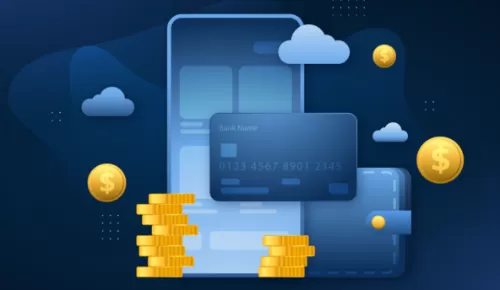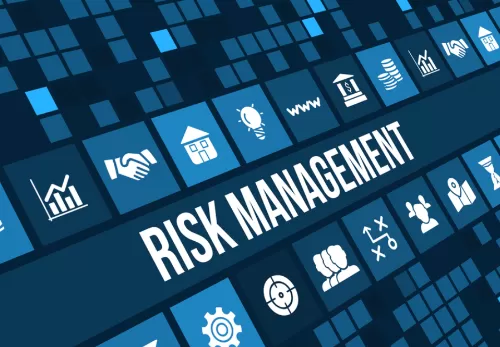Is Ecommerce Poised To Eclipse Traditional Retail In The Future
The retail landscape has undergone dramatic shifts over the past decade, driven by advances in technology, changing consumer habits, and global events that accelerated digital adoption. As online shopping becomes more convenient, personalized, and efficient, many wonder whether ecommerce will ultimately overtake brick-and-mortar retail altogether. This article explores how ecommerce operates today, the main categories of online commerce, the leading platforms powering growth, and the outlook for continued expansion.
Related searches

How Ecommerce Works
At its core, ecommerce connects buyers and sellers through digital channels, most commonly websites and mobile apps. A shopper visits an online storefront, browses products, adds items to a virtual cart, and completes payment via integrated gateways. Behind the scenes, order-management systems track inventory, process payments securely, and trigger fulfillment workflows—whether that means packing products in a warehouse or routing digital goods for instant download. Customer service integrates chatbots and live support, while marketing tools leverage user data to recommend items and retarget lapsed shoppers. Logistics partners handle shipping, returns, and last-mile delivery, ensuring that a purchase made on one side of the country can arrive at a customer's door within days—or even hours.
What Are the Three Types of E-Commerce
Ecommerce generally breaks down into three primary models:
B2C (Business-to-Consumer): The most familiar form, where brands and retailers sell directly to individual shoppers via online stores. Examples include Amazon, Walmart.com, and countless niche boutiques.
B2B (Business-to-Business): Companies sell products or services to other businesses. This model emphasizes bulk orders, negotiated pricing, and longer sales cycles. Platforms like Alibaba and specialized software marketplaces illustrate B2B ecommerce.
C2C (Consumer-to-Consumer): Individuals sell directly to one another, often through marketplaces that facilitate listings, payments, and shipping. eBay, Etsy, and peer-to-peer resale apps such as Poshmark fit this category.
Each model leverages digital tools differently but shares common infrastructure for payments, inventory tracking, and customer engagement.
Which Ecommerce Platform Is Best
Choosing the right ecommerce platform depends on a merchant's size, budget, technical expertise, and growth goals.
Shopify is prized for its user-friendly setup, extensive app ecosystem, and hosted approach that handles hosting and security.
Magento (Adobe Commerce) offers robust flexibility and scalability for large enterprises comfortable managing their own infrastructure.
WooCommerce turns WordPress sites into online stores and appeals to small businesses seeking low-cost, open-source solutions.
BigCommerce strikes a balance between ease of use and built-in features, reducing reliance on third-party apps.
Ultimately, the “best” platform aligns with a seller's need for customizability, support, transaction fees, and integration options with payment processors and shipping providers.
Will Ecommerce Continue to Grow
All indicators point toward sustained ecommerce expansion. Consumers have grown accustomed to the convenience of 24/7 shopping, rapid delivery options, and personalized recommendations powered by data analytics. Innovations such as augmented reality try-on tools, voice-activated shopping, and social commerce integrations further lower friction and entice new buyers. Meanwhile, underserved markets and demographics—rural communities, older adults, and emerging economies—are only beginning to embrace online purchasing at scale. As technology lowers barriers for both merchants and consumers, ecommerce penetration rates are expected to climb steadily over the next decade.
Conclusion
As digital and physical retail channels increasingly blur, the future of retail will likely be omnichannel rather than purely online or offline. However, the momentum behind ecommerce—fueled by superior convenience, broader selection, and technological innovation—suggests that online sales will capture an ever-larger share of total retail spend. Whether ecommerce fully eclipses traditional stores or coexists alongside them, one thing is clear: the digital transformation of retail is far from over.

Navigating the Landscape of Medical Loans in the United States

Navigating the Personal Loan Landscape: Insights and Trends

2025 Tax Service: 5 Practical Tips to Save Money

Breaking News: Comprehensive Guide to Personal Loans Unveiled

Business Security: 7 Essential Steps to Protect Your Business in 2025

Tax Service: Ultimate Guide to Effortless Tax Relief Services








